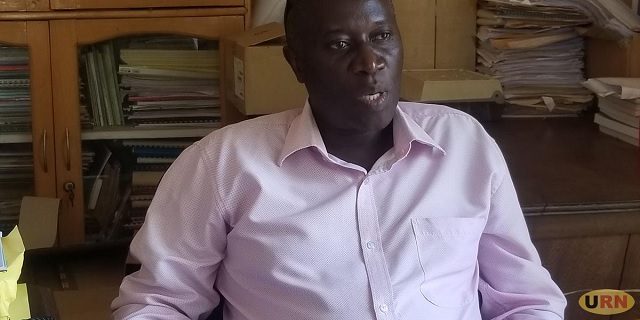
Jinja, Uganda | THE INDEPENDENT | The Senior Health Educator of Jinja City, Sayyid Kalume, has confirmed that 25 contacts of the two Ebola patients identified last week have been traced. The majority of these contacts are family members and neighbors of the patients, who were isolated after testing positive for the Ebola virus.
The two patients—a child and the wife of a Mulago nurse who recently succumbed to Ebola—were identified as close contacts requiring urgent medical attention. Following the nurse’s death in Mbale, the two relocated to their relatives in Mafubira Zone A, Northern Division, Jinja City, where health authorities later traced them.
Kalume stated that all 25 contacts were transported to the national isolation center on Monday for thorough examination and monitoring as they await their test results. However, he expressed concern about one prime contact who attended a community meeting before fleeing to an unknown location and integrating into the wider population.
Health officials are hunting for him through his relatives and friends to prevent potential further spread of the virus. Authorities have fumigated the homes of all identified contacts to disinfect the areas and eliminate any viral traces, ensuring the houses remain safe for habitation.
Meanwhile, Jinja Resident City Commissioner (RCC) Richard Gulume, who heads the Ebola Taskforce, stated that local authorities are working with village health teams (VHTs) to conduct community mobilization and educate residents on the dangers of the virus.
Gulume also noted that leaders in politics, religious institutions, and cultural groups have been urged to use public gatherings to sensitize communities on preventive measures. He emphasized that these collaborative efforts are crucial in preventing further spread of Ebola, as the public must remain informed and vigilant.
*****
URN
 The Independent Uganda: You get the Truth we Pay the Price
The Independent Uganda: You get the Truth we Pay the Price





